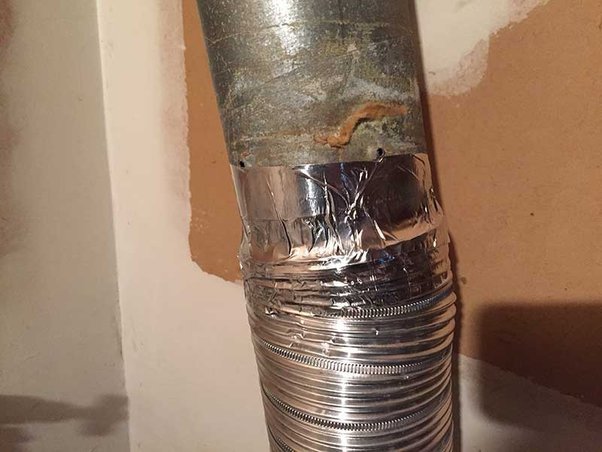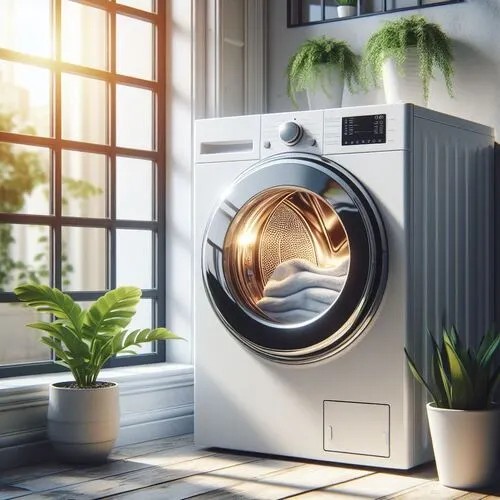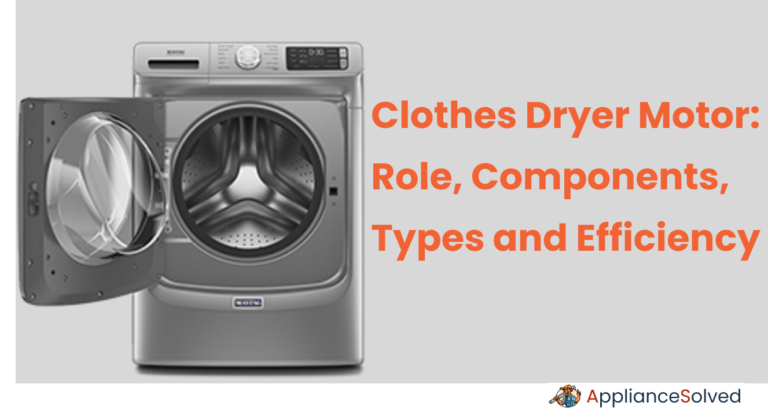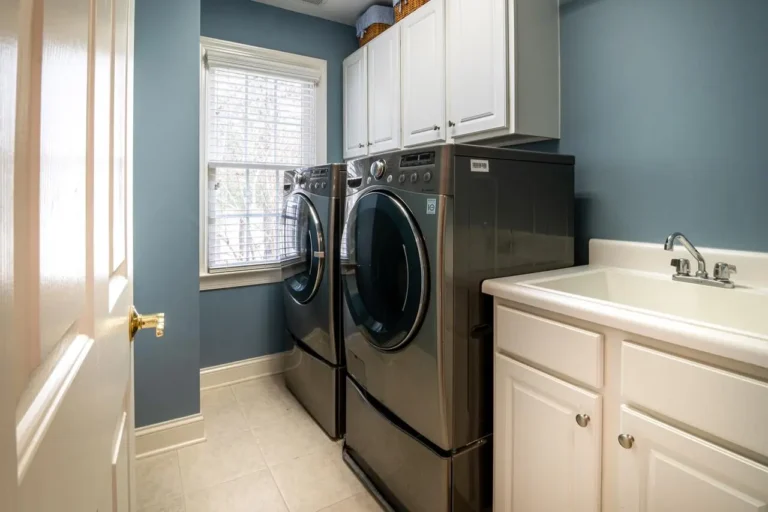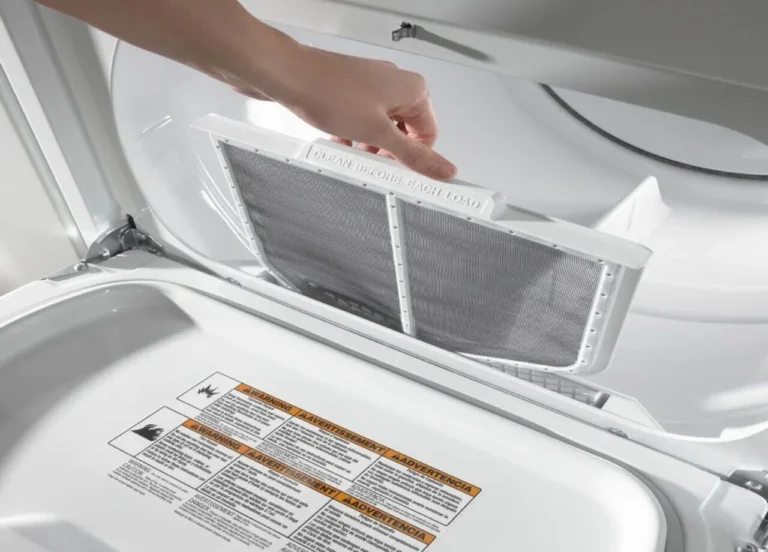can you use duct tape on a dryer vent?
When it comes to home maintenance, questions often arise about the best ways to solve common household problems. One such question that many homeowners face is whether or not it’s safe if can you use duct tape on a dryer vent. In this article, we will explore this topic in detail, covering the do’s and don’ts of using duct tape on your dryer vent. Let’s dive in!
Understanding the Dryer Vent System
Before we delve into the duct tape dilemma, it’s essential to understand how a dryer vent system works. A typical dryer vent consists of a flexible or rigid duct that connects your dryer to an exterior vent outlet. Its primary purpose is to expel hot, moist air from your dryer to the outdoors, preventing moisture buildup and potential fire hazards.
can you use duct tape on a dryer vent?
No, While you can use duct tape on a dryer vent temporarily, it’s not ideal for long-term use. Duct tape is not heat-resistant or moisture-resistant, and it can deteriorate over time due to these factors.
Instead, consider alternatives like aluminum foil tape or HVAC (Heating, Ventilation, and Air Conditioning) tape, which are designed for sealing ducts and can withstand the high temperatures and moisture associated with dryer vents. Also check Can You Use PVC For Dryer Vent guide.
For significant issues, it’s best to consult a professional technician for proper maintenance and repairs.
can you duct tape a dryer vent hose?
Yes, you can use duct tape to secure and seal a dryer vent hose. It’s a suitable option for making a temporary or minor repair to a dryer vent hose. However, keep in mind that duct tape may not be a long-term solution, especially if the hose is exposed to high heat or moisture regularly. For a more durable and lasting seal, consider using specialized aluminum foil tape or HVAC tape, which are designed to withstand the conditions of dryer vent systems effectively.

what are the Myths of Duct Tape?
Myth #1: Duct Tape as a Sealant
One common misconception is that duct tape can be used as a reliable sealant for dryer vents. While duct tape is undoubtedly versatile and has numerous applications, it’s not the best choice for sealing dryer vents. Duct tape can deteriorate over time due to heat exposure and the moisture in the air, leading to potential leaks.
Myth #2: Repairing Damaged Ducts
Another myth is that duct tape can be used to repair damaged dryer ducts. While it may offer a temporary fix, it’s not a long-term solution. The high temperatures generated by the dryer can cause duct tape to lose its adhesive properties, making it ineffective at sealing leaks.
What are the Alternatives of Duct tape?
Aluminum Foil Tape
For sealing joints and connections in your dryer vent, consider using aluminum foil tape. It’s designed to withstand high temperatures and is resistant to moisture. This makes it a suitable choice for ensuring your dryer vent remains leak-free.
HVAC Tape
HVAC (Heating, Ventilation, and Air Conditioning) tape is another excellent alternative. It’s specifically engineered for sealing ducts and vents, making it a reliable choice for dryer vent maintenance. HVAC tape is durable, heat-resistant, and resistant to moisture.

Safety Precautions
When dealing with your dryer vent, safety should always be a top priority. Here are some essential safety precautions to keep in mind:
Regular Inspections
Periodically inspect your dryer vent for any signs of damage, leaks, or blockages. Address any issues promptly to ensure the safe and efficient operation of your dryer.
Professional Help
If you’re unsure about the condition of your dryer vent or encounter significant problems, it’s advisable to seek professional assistance. Certified technicians can diagnose and repair any issues effectively.
Conclusion
In conclusion, can you use duct tape on a dryer vent? using duct tape on a dryer vent is not recommended. While it may seem like a quick fix, it can lead to potential safety hazards and inefficiencies. Instead, opt for specialized sealing solutions like aluminum foil tape or HVAC tape to ensure a secure and long-lasting seal for your dryer vent.
FAQs can you use duct tape on a dryer vent
What kind of tape can you use on a dryer vent?
For sealing and repairing dryer vents, it’s best to use specialized tapes like aluminum foil tape or HVAC tape. These tapes are designed to withstand high temperatures and moisture, making them ideal for dryer vent applications.
Do you need tape for a dryer vent?
Using tape for a dryer vent can be beneficial. Properly sealing connections and joints in the vent can prevent leaks and enhance dryer efficiency. Consider using appropriate tapes like aluminum foil tape or HVAC tape for a more durable seal.
Can I duct tape my vent?
While you can use duct tape temporarily to secure a dryer vent, it’s not the most effective long-term solution. Duct tape may not withstand the heat and moisture associated with dryer vents. It’s advisable to use specialized sealing tapes for better durability.
Is dryer vent tape heat-resistant?
Yes, tapes like aluminum foil tape and HVAC tape are heat-resistant and specifically engineered to handle the high temperatures generated by dryer vents. These tapes are designed for sealing ducts and vents, making them suitable for use in dryer vent systems.
Is it safe to use duct tape on any part of a dryer vent system?
No, it’s not safe to use duct tape on a dryer vent. It can deteriorate due to heat and moisture, leading to potential leaks.
What are the risks of using duct tape on a dryer vent?
The primary risks include potential leaks, reduced efficiency, and safety hazards due to the tape’s inability to withstand high temperatures.
Can I use duct tape for temporary repairs on my dryer vent?
While it can be a short-term solution, it’s not advisable for long-term use. Consider using specialized sealing tapes for better results.
How often should I inspect my dryer vent for maintenance?
Regular inspections are recommended, ideally every six months, to catch any issues early and ensure safe dryer operation.
When should I call a professional for dryer vent maintenance?
If you encounter significant problems, such as extensive damage or persistent leaks, it’s best to consult a certified technician for proper repairs and maintenance.

